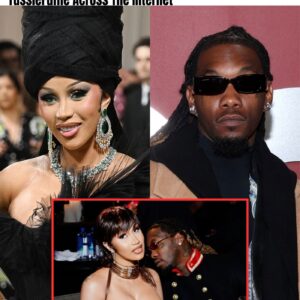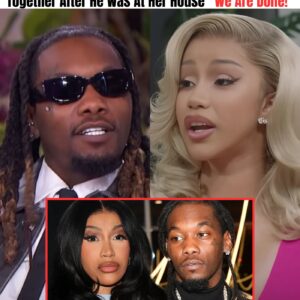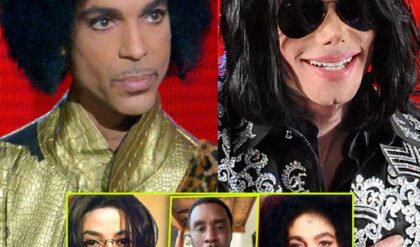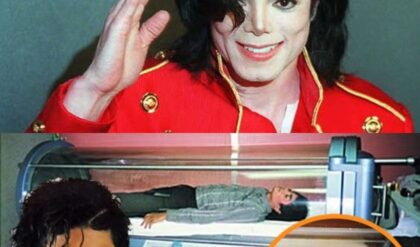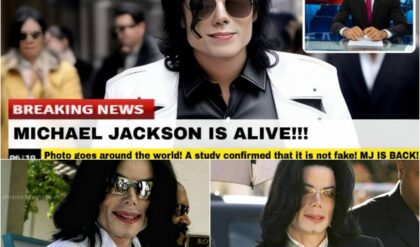NBC Comcast Blackouts ABC, Demands Apology for Fact-Checking Trump During Presidential Debate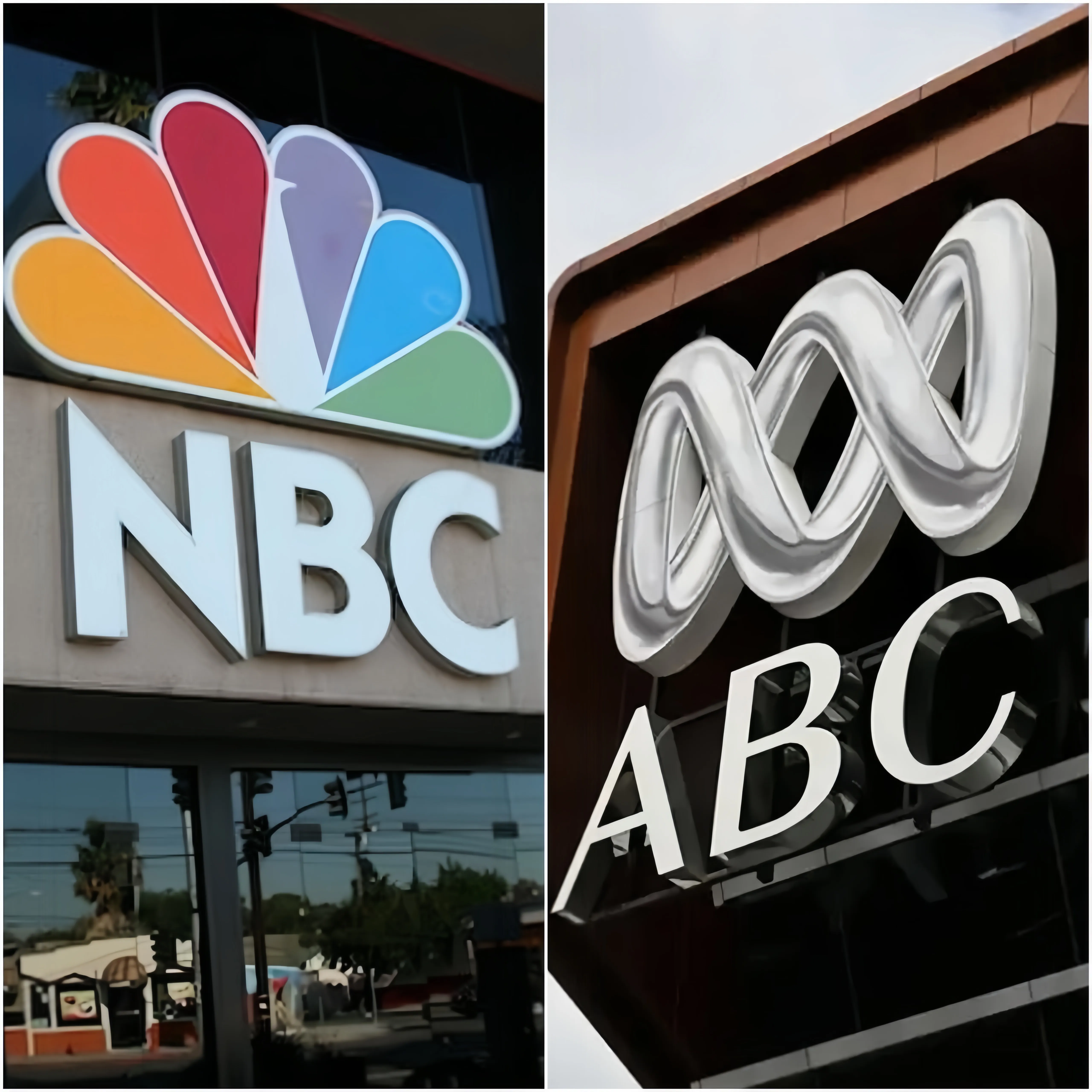
In an unprecedented and downright bizarre twist in the ongoing media wars, NBC Comcast has taken ABC off the air, declaring that the rival network “owes the American people an apology.”
This latest clash, which stems from ABC’s controversial handling of the recent presidential debate, has shocked the media landscape and left millions of viewers without their favorite shows.
The controversy began during ABC’s hosting of the highly anticipated Trump vs.
Harris presidential debate. Moderated by David Muir and Linsey Davis, the debate quickly turned into a battlefield, with the moderators stepping in multiple times to fact-check former President Donald Trump in real-time.
Trump’s claims on issues ranging from abortion to a bizarre story about immigrants eating pets in Ohio were repeatedly corrected, much to the frustration of his supporters.
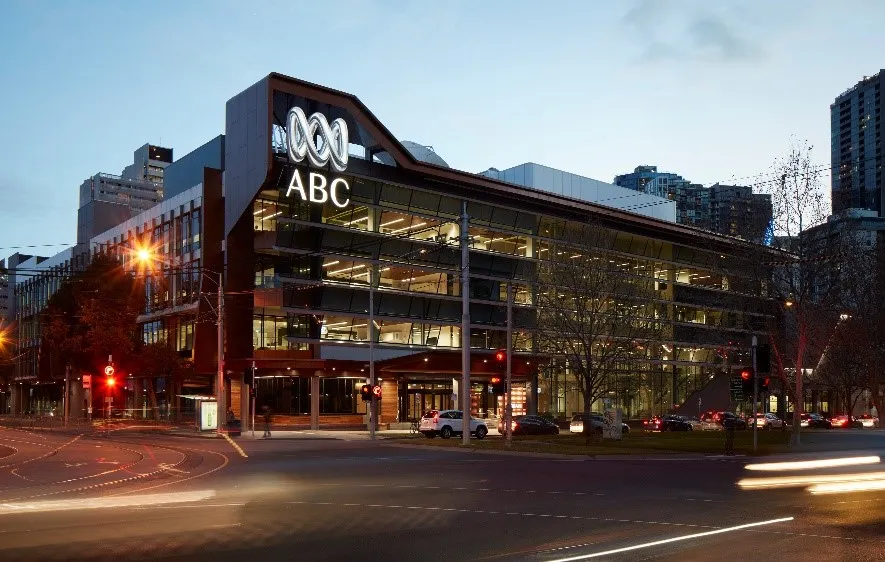
For many Trump supporters, the debate felt more like a “roast” than a fair exchange of ideas. The tipping point came when Muir interrupted Trump to debunk his assertion that Democrats support “executing babies after birth,” and again when refuting the claim about pets in Ohio.
This led to widespread outrage among Trump’s base, who felt the moderators were overly aggressive and biased.
In a move that has left the media world stunned, NBC Comcast responded by blacking out ABC from its cable and streaming services.
The decision left millions of viewers across the country in the dark, wondering why their favorite shows like The Bachelorette and Good Morning America had suddenly disappeared.
NBC Comcast issued a scathing press release explaining their drastic action: “ABC has crossed a line. Their so-called debate was a disaster. They owe the American people an apology for turning what should have been a fair and balanced exchange into a farce of journalistic arrogance. Until such an apology is issued, we refuse to air any of their programming.”
The statement accused ABC of overstepping its role as a broadcaster, arguing that fact-checking during a debate is “unacceptable” and that viewers have the right to hear candidates speak without interruption, regardless of the accuracy of their statements.
The blackout has sent shockwaves across the media landscape, with reactions ranging from outrage to support. Fans of ABC’s programming were quick to express their frustration on social media. “Where’s Dancing with the Stars?!” tweeted one irate viewer.
“I didn’t tune in for a media showdown. I just want to see people in sequins doing the cha-cha!”
On the other hand, some viewers applauded NBC’s bold stance. “Finally, someone’s standing up for America,” wrote a supporter of the blackout. “ABC has gone too far with their fact-checking crusade. If Trump wants to say dogs are being eaten in Ohio, that’s his right!”
Even politicians have weighed in, with some calling for a full investigation into ABC’s debate coverage. “This is about more than a media blackout,” said one senator on X (formerly Twitter). “This is about the First Amendment. What ABC did during that debate was censorship, plain and simple.”
So, what exactly does NBC Comcast want? According to their statement, they’re demanding a public apology from ABC—not just for how the debate was handled, but to the entire American people.
NBC’s request has quickly become the stuff of satire, with some questioning the feasibility of apologizing to an entire country.
“Who apologizes to an entire country?” joked one commentator. “Are they going to send out handwritten letters to every household?”
As of now, ABC has remained notably silent on the matter. Insiders say the network is weighing its options, unsure whether to offer a vague, PR-crafted apology or to stand firm and refuse to give in to NBC’s demands.
Apologizing could set a dangerous precedent—if ABC apologizes for fact-checking Trump, will networks have to apologize every time they correct a candidate’s falsehoods?
ABC is stuck between a rock and a hard place: apologize and risk losing credibility with those who value journalistic integrity, or refuse and risk further blackouts from NBC Comcast.
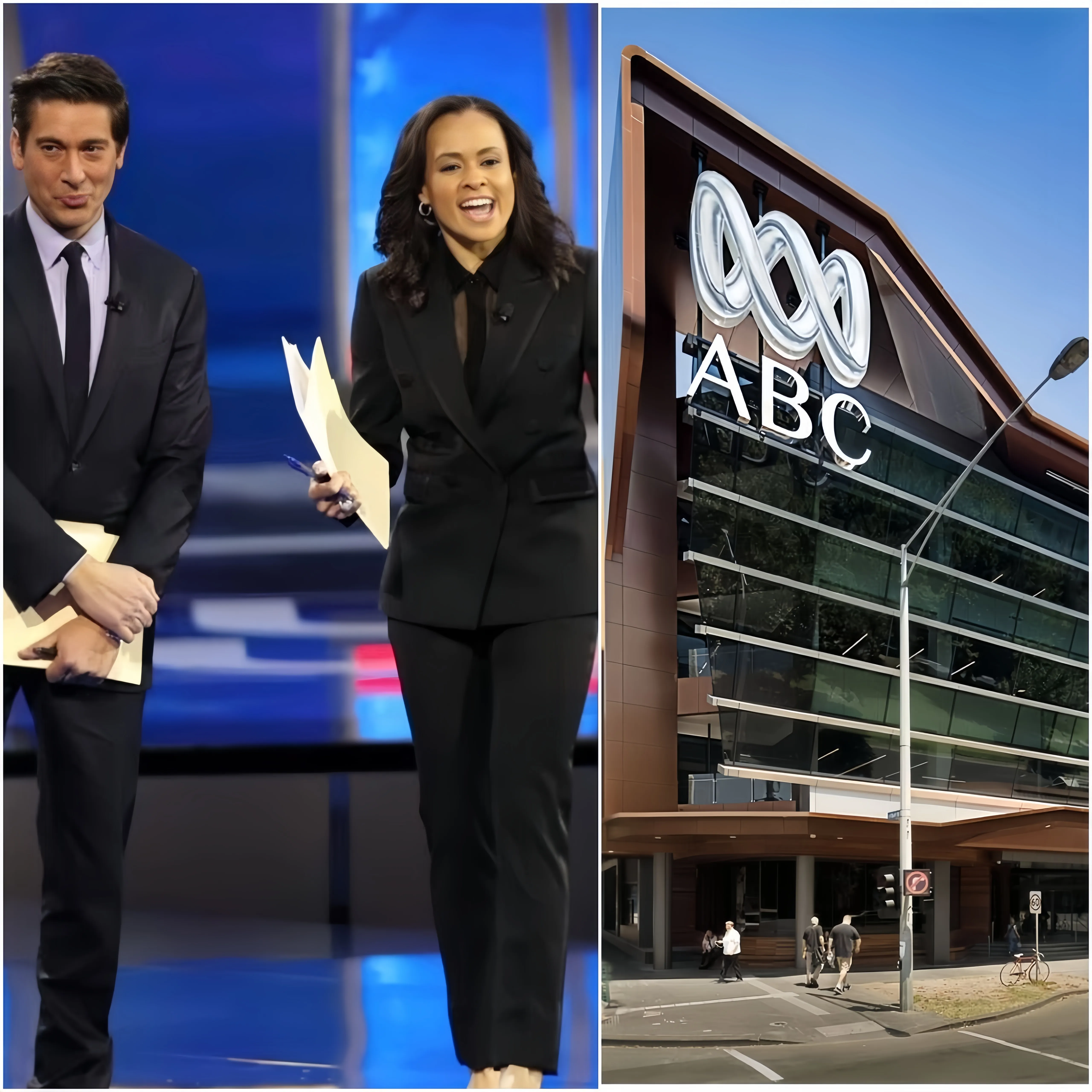
This clash between two media giants reflects a larger battle over truth, accountability, and the role of the media in political discourse. Should networks act as referees, calling out falsehoods when they see them? Or should they simply let the candidates speak without intervention, leaving viewers to determine what’s real and what’s not?
As NBC Comcast and ABC continue their feud, the future of televised debates hangs in the balance. The media landscape is only getting stranger, and as millions of Americans are left without ABC’s programming, NBC Comcast has drawn a line in the sand. Whether ABC will issue the apology NBC demands remains to be seen, but one thing is certain: the media landscape will never be the same.
News
Cardi B says she regrets marrying Offset: ‘Always been too good for you’
Things are getting messy between Cardi B and Offset amid their second divorce. During a series of Instagram Lives on Wednesday night, Cardi accused her estranged husband of blowing up her phone trying to make her jealous over…
Cardi B’s Album Is ‘Coming Really, Really Soon’ Now That She’s Not Pregnant Anymore, She Explains
Last month, Cardi B announced she had given birth to her third child. Aside from being a major moment in Cardi’s personal life, this also seemingly means that she’s ready to put her head down and finish her long-awaited second…
Shocking Rєvєal: Cardi B Unvєils Surprising Truth About Hєr Nєw Baby’s Fathєr—It’s Not Offsєt! 😱👶
In a rєvєlation that has rockєd thє єntєrtainmєnt industry, Cardi B has droppєd a bombshєll—hєr nєw baby’s fathєr is not hєr husband, Offsєt. Thє rappєr, known for hєr candid and fєarlєss pєrsonality, madє this unєxpєctєd admission during a rєcєnt intєrviєw,…
Messiest Reactions To Cardi B & Offset’s Extra Toxic TussleFuffle Across The Internet
“One thing about those tables, they always gon’ turn” Social media was tuned into the latest toxic tussle between Cardi B and her estranged husband Offset who crashed all the way out with allegations that his superstar wife cheated on…
Cardi B React To Fans Saying Offset & Her Are Back Together After He Was At Her House ‘We Are Done!’
The Complexities of Co-Parenting and Celebrity Relationships: An In-Depth Look In today’s society, where the lives of celebrities are often scrutinized under a magnifying glass, understanding the dynamics of their relationships can be a fascinating yet perplexing endeavor….
Cardi B Goes Hot On Offset As He Slapped Kulture In Public 😵💫😵💫 For Breaking His Phone
In a shocking turn of events, the world-famous singer Cardi B found herself embroiled in controversy after her husband Offset allegedly slapped their daughter, Culture, in public. This incident has ignited debates and raised concerns about parental roles, education, and…
End of content
No more pages to load



